Court finds guilty one of the DGF executives who ignored a lawyer's request
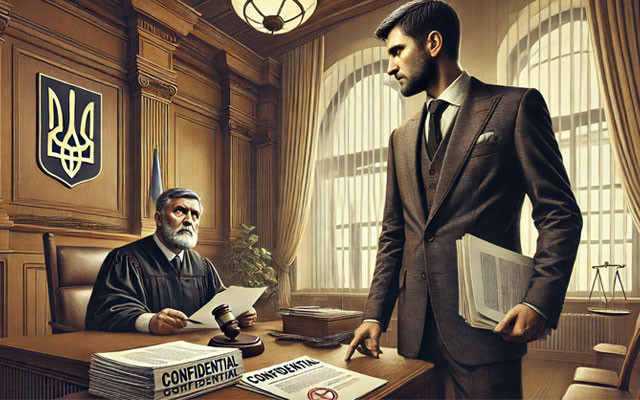
The Kyiv Court of Appeal found the Deputy Managing Director of the Deposit Guarantee Fund guilty of unlawfully refusing to provide information at the request of a lawyer. The official tried to «pay back» through the QDCB, but in vain.
The decision in the case of administrative offense No. 761/28460/24 was published in the Unified State Register of Court Decisions.
Lawyer Maksym Bakharev, who represented the victim in the criminal proceedings, filed a lawyer's request to the DGF to request information and documents necessary to provide legal assistance to the client. However, in response, he received a refusal signed by the deputy head of the state institution, who claimed that the requested information was classified information.
Pursuant to the Law «On the Bar and Practice of Law», a public authority, local self-government body, their officials and employees, heads of enterprises, institutions, organizations, and public associations to which an attorney's request has been sent are obliged to provide the attorney with relevant information and copies of documents, except for information with restricted access and copies of documents containing information with restricted access, no later than five business days from the date of receipt of the request.
At the same time, unlawful refusal to provide information, untimely or incomplete provision of information, provision of information that does not correspond to reality in response to a lawyer's request is an administrative offense, liability for which (a fine of 25 to 50 tax-free minimum incomes) is provided for in Part 5 of Article 212-3 of the Code of Ukraine on Administrative Offenses.
The lawyer appealed to the Bar Council of Donetsk Oblast. An authorized member of the Council drew up a report on administrative offenses against the Deputy Managing Director of the Fund and sent it to the Shevchenkivskyi District Court of Kyiv.
The court of first instance closed the proceedings, citing the absence of an administrative offense. This decision was justified by the fact that the refusal could not be considered unlawful. However, the Kyiv Court of Appeal, where the chairman of the UNBA Committee on Prevention of Administrative Offenses Committed Against Lawyers, Sergiy Osyka, filed a complaint together with the lawyer, disagreed with such conclusions. They noted that the fact that the requested information was classified as restricted information (as stated in the response letter) was not supported by evidence. Therefore, the appeal overturned the decision of the court of first instance, finding the DGF representative guilty of a violation.
As it became known, in response, the official filed a complaint with the Qualification and Disciplinary Commission of the Bar of Donetsk Oblast, accusing the lawyer of incompetence and low moral and ethical qualities. However, the bar self-government body refused to initiate a disciplinary case. The QDCB considered such a complaint as a means of putting pressure on the advocate in connection with his practice of law, since the issue of disciplinary liability was initiated without sufficient grounds.
Several protocols have already been drawn up and sent to the court for violating the right to information, including on the grounds of repetition. «Lawyers have enough legal tools to protect their professional rights. And they work if they are used correctly, - said the chairman of the UNBA Committee. - It is important to defend your rights even when you face resistance or pressure from officials. Obstruction of the professional activity of a lawyer is not only illegal, but can also be punished, even when attempts to influence take the form of complaints or other manipulations. The example of Maxim Bakharev's full realization of his rights and achievement of the required result demonstrates this in the best way possible».
Popular news
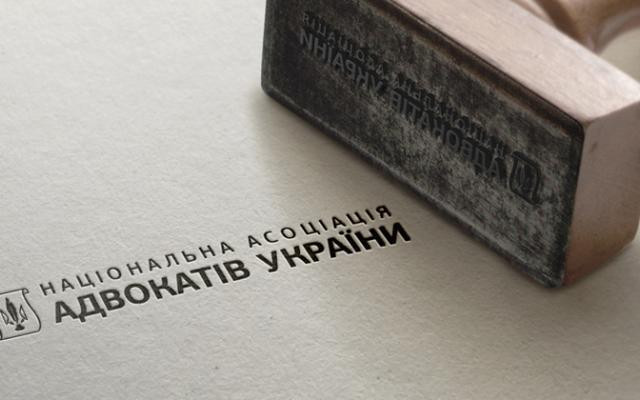
Self-government
The BCU demands a review of the composition of the government working group on reforming the advocacy profession
The President of the UNBA, BCU Lidiya Izovitova, appealed to the Cabinet of Ministers of Ukraine to review the composition of the working group on improving legislation in the field of advocacy and legal practice.

Discussion
Why lowering the age of marriage lacks legal logic
Although until 2012 there was a provision in family law that allowed children to marry from the age of 14 under certain circumstances, its return to Ukrainian law would contradict international obligations and the logic of criminal law.
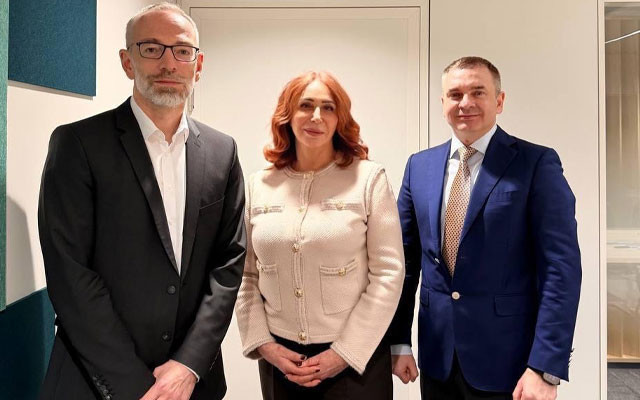
European integration
Open dialogue between the UNBA and the European Commission on the path to EU
The Ukrainian National Bar Association held a working meeting in Brussels with Mr Wolfgang Nozar, Head of Unit for Governance, Rule of Law and Financial Assistance, Directorate-General for Enlargement and Eastern Neighbourhood (DG ENEST), European Commission.

Self-government
A report on Ukrainian advocacy was presented in the European Parliament
Can a shadow report on advocacy replace the political framework of the Roadmap on the rule of law with demands for the restructuring of self-government? Where is the line between accountability and the seizure of institutions? And how can we respond to narratives with data rather than impressions?
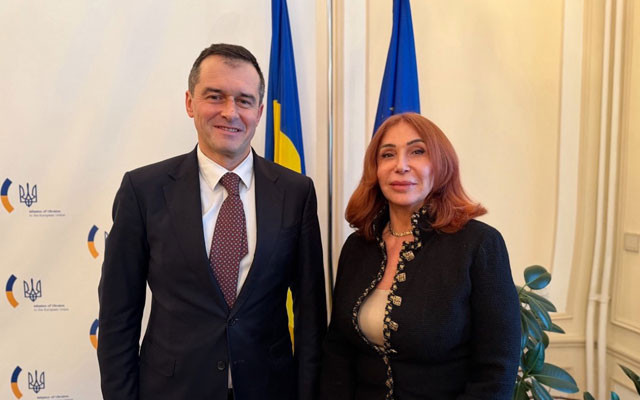
European integration
UNBA and Ukraine's representation to the EU have synchronized their priorities
On February 5, in Brussels, the President of the UNBA, BCU Lidiya Izovitova held a working meeting with the Ambassador Extraordinary and Plenipotentiary of Ukraine, Representative of Ukraine to the European Union Vsevolod Chentsov.
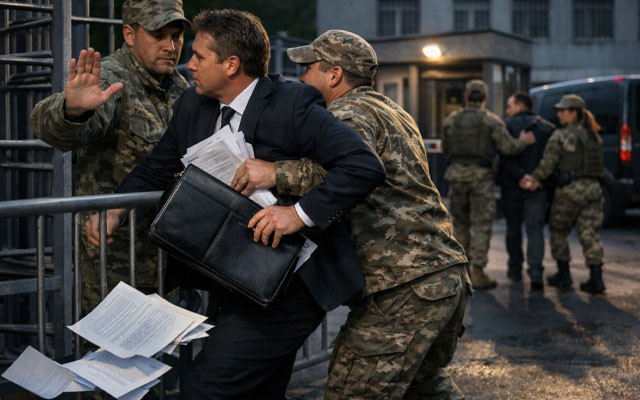
Guarantees of the practice of law
Proceedings opened following attack on advocate in Dnipro
The Committee for the protection of advocates' rights and guarantees of legal practice of the UNBA appealed to law enforcement agencies in connection with an advocate's report of an attack while performing his professional duties. The information was entered into the Unified Register of Pre-trial Investigations and a pre-trial investigation was initiated.
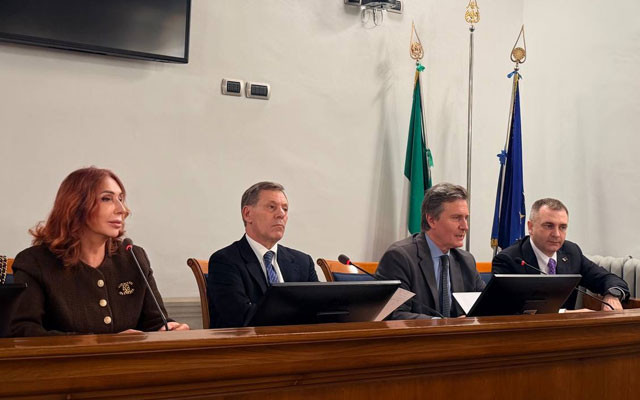
Interaction
«With us — to Europe»: Italian advocacy supports UNBA initiatives
On January 30, a meeting was held in Rome between a delegation from the Ukrainian National Bar Association and the National Bar Council of Italy (Consiglio Nazionale Forense, CNF) on the standards and practices of the legal profession and their significance for Ukraine's European integration process.
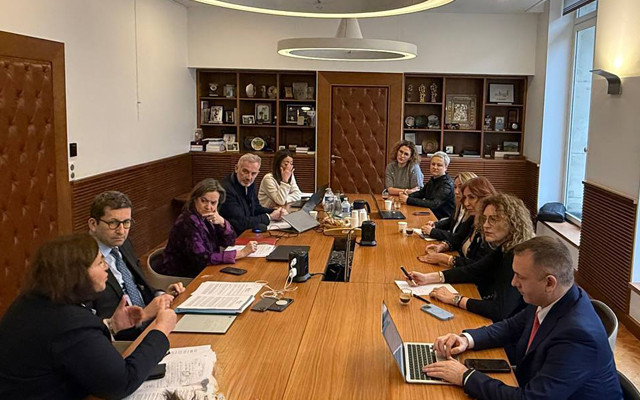
Interaction
France confirms cooperation with UNBA on reforms in the field of the rule of law
On January 29, a working meeting between representatives of the Ukrainian National Bar Association and the French National Bar Council (Conseil National des Barreaux, CNB) took place in Paris.
Publications

Volodymyr Matsko Extradition as a systemic form of rights violations

Victoria Yakusha, Law and Business The anti-corruption vertical cannot «take care» of the Bar as an institution, - acting head of the HQDCB

Censor.net Protecting advocates – protecting justice: addressing concerns about the new law

Ihor Kolesnykov A BRIEF SUMMARY REGARDING THE APPLICATION OF THE ORDER ON EXTENDED CONFISCATION IN LATVIA REGARDING FINANCIAL ASSETS OF…

Valentyn Gvozdiy WORKING IN A WAR ZONE

Lydia Izovitova Formula of perfection

Sergiy Vylkov Our judicial system is so built that courts do not trust advocates

Iryna Vasylyk Advocacy in the proclamation of Independence of Ukraine
